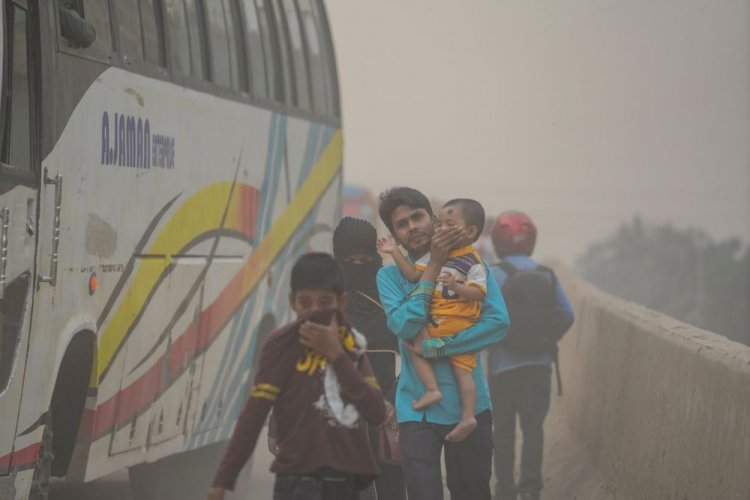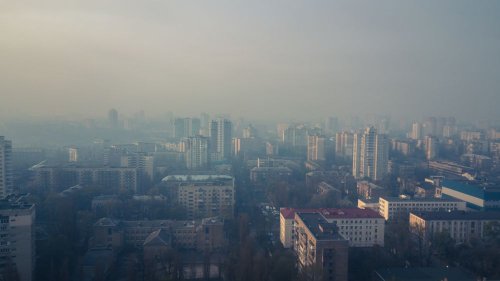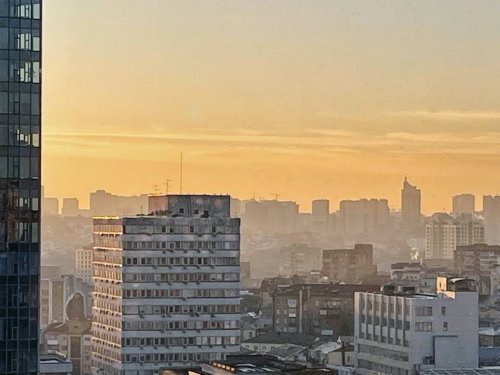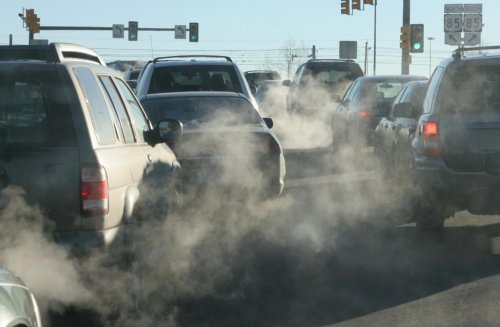Air pollution is a major global problem that affects millions of people on all continents, as air pollution levels exceed normal limits in most countries. Air quality is deteriorating due to industrialization, rapid urbanization, and human indifference. Which countries are the hardest to breathe in?
According to the World Population Review, there are nine countries in the world that pollute the planet's air the most.
Chad
Chad is considered the most polluted country in the world because dust storms are common there, and biomass burning continues, which negatively affects the environment. This leads to record emissions of microparticles of pollution into the air.
Bangladesh
Bangladesh ranks second in terms of pollution. The air here is terrible due to the operation of thousands of brick kilns, chaotic traffic, and mass burning of garbage. Every day, the citizens of Bangladesh are forced to breathe air that is many times more polluted than normal.
Pakistan
Pakistan ranks third. Pollution here is mixed, caused by vehicle exhaust, industrial emissions, and crop burning, which spoils the air quality every year.
Democratic Republic of Congo
The DRC suffers from industrial emissions and agricultural burning. Given the growing population and outdated air purification methods, the country will not be able to clean the air of toxins for a long time.
India
India is a very densely populated country, and large megacities with millions of vehicles on the highways significantly worsen air quality. In addition, emissions from large enterprises and crop burning cover India in thick smog, preventing residents from breathing freely.
Tajikistan
The main sources of pollution are transport, industrial emissions, and the use of coal and wood for heating. The air becomes particularly dangerous in winter.
Nepal
Nepal suffers from urban emissions and traditional burning of vegetation in fields. There is a particular risk of air deterioration in the mountainous part of the country, as the terrain allows pollution to linger longer.
Uganda
Transport, industry, and the widespread burning of biomass for heating and cooking pollute the air, leading to high levels of smoke in cities and villages.
Rwanda
Rwanda completes the anti-rating for air quality. Here, the air is most often polluted by motor vehicles, industrial enterprises, and the heating of homes with combustible materials.
All these countries have a common problem: high concentrations of fine particles in the air lead to the development of asthma, chronic lung diseases, cardiovascular diseases, and a reduction in average life expectancy. Children and the elderly are most vulnerable to its effects.
Although governments are trying to invest in renewable energy and electric transport, rapid population growth and industrialization often negate the results. International organizations are calling for global cooperation, as polluted air knows no borders and affects everyone.
As EcoPolitic wrote earlier, Ukrainian cities with the dirtiest air: who topped the new anti-rating. In 2024, according to the atmospheric pollution index (API), there were no cities in Ukraine with very high levels of pollution, while high levels were observed in 14 cities: Kamyanske, Dnipro, Kramatorsk, Kryvyi Rih, Lviv, Lutsk, Odesa, Zaporizhzhia, Vinnytsia, Kherson, Sloviansk, Cherkasy, Sumy, and Kyiv.
Also, remember that earlier the UN named the top five cities in the world that are fighting air pollution.





